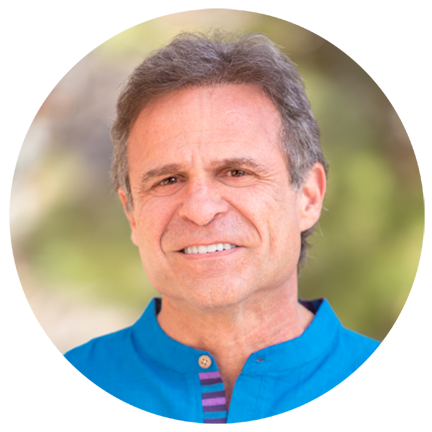Tribal Traditions for Healing the Soul from Addiction. Addiction, in many ways, is a symptom of modernity – a result of our culture’s emphasis on individuality over the collective whole and our loss of connection with ceremonial healing practices that were once readily available to us. That’s why, when taking an alternative approach to addiction treatment, it’s important to look at the societal causes of addiction and employ methods for reconnecting to our universal essence: the soul.
Contemporary Shamanism
Contemporary shamanism offers an antidote to the isolation found in modern Western culture. Tribal traditions placed communal oneness at the center of their beliefs, and traditional ceremonies give us a way to understand our place in the universe.Accessing altered states of consciousness has been an important aspect of spiritual ceremony in tribal cultures for centuries, but our attempts to reach those states by using substances, without the support and guidance embedded in ceremony, robs this experience of its therapeutic value.“Shamanic practices have been effectively incorporated in the healing systems of contemporary community mental health centers and appear able to meet the psychosocial and emotional needs of victims of violence, trauma and drug abuse,” says Arizona State University professor of anthropology Michael Winkelman in his study on the use of shamanic healing techniques in addiction treatment.
Soul Retrieval
In shamanic traditions, addiction can be viewed as a symptom of a phenomenon we call “soul loss,” which causes us to feel perpetually, inexplicably un-whole. Soul loss happens whenever we suffer trauma, as a part of the soul escapes the body in order to protect itself.Shamans perform soul retrieval by entering a trance state, during which they journey with the client to the spirit world, using the help of spirit guides to overcome whatever darknesses are buried in the psyche and bring the soul back into its rightful place. This altered-state experience can profoundly open your awareness, helping you develop your spiritual perspective and resulting in a new approach to life.
Native Ceremony
In a similar vein, ceremony and ritual can serve as powerful tools for helping us understand what lies behind the issues that present in our lives as addiction, and begin to reestablish our sense of connection with both the waking and spiritual worlds around us. Shamanic counselor Myron Eshowsky discusses the benefits of ceremonial drumming for those in addiction recovery: “Drumming helps them to experience a kind of peacefulness and provides a spiritual learning context that allows them to talk about their deeper concerns. It provides an opportunity for being heard that they don’t often feel [they have].”
Making Ritual a Sacred Part of Your Recovery
The Sanctuary’s beautiful campus in Sedona is home to a variety of ceremonial spaces, and ritual is an integral part of our highly personalized recovery program. Our Native medicine wheel provides an opportunity for you to reflect on your inner self and see your place in the web of life. Our fire ceremony helps you release destructive patterns and express the desires of your soul. And our compassionate team of wellness experts is equipped to guide you through a transformation that will not only help you overcome addiction but serve you for the rest of your life. To learn how you can get started on your soul-healing journey, call us at (877) 710-3385 or email us at [email protected] today.

He is the Founder, Administrator, Counselor at the Sanctuary at Sedona.
He has a BA in Political Science and is currently Senior teaching staff at Four Winds Society, an international school of energy medicine. His credentials also include being an Ordained Minister; a Certified Shamanic Breathwork® Facilitator; a Founding Member Society for Shamanic Practitioners; a Member of Association for Comprehensive Energy Psychology; a Member of the National Institute for Holistic Addiction Studies. [email protected]

